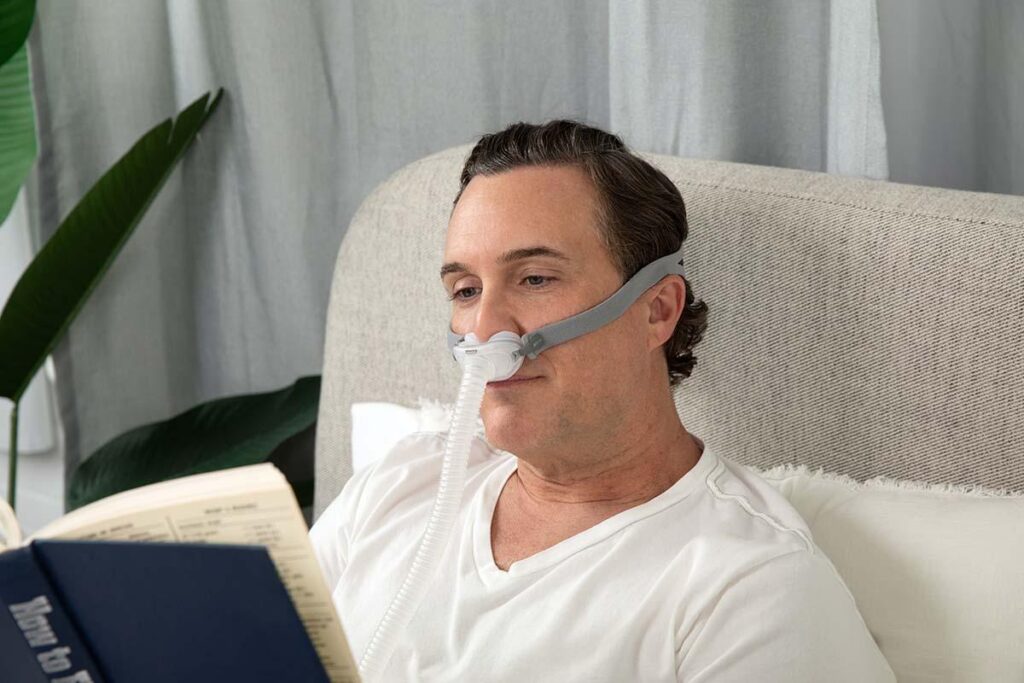Sleep is a fundamental aspect of our health and well-being, yet many individuals struggle with sleep disorders that can significantly impact their quality of life. In Canberra, home sleep studies have emerged as a convenient and effective solution for diagnosing sleep-related issues without the need for an overnight stay in a sleep clinic. This article explores the various facets of home sleep studies, their benefits, the process involved, and how they can help individuals achieve better sleep health.
Understanding Sleep Disorders
Sleep disorders encompass a range of conditions that affect an individual’s ability to sleep well on a regular basis. Common disorders include insomnia, sleep apnoea, restless legs syndrome, and narcolepsy. Each of these conditions can lead to a variety of symptoms, including excessive daytime sleepiness, difficulty concentrating, and mood disturbances.
Home sleep study Canberra provide a convenient and effective means of diagnosing sleep disorders, allowing individuals to take control of their sleep health from the comfort of their own homes. With the rise of telehealth and portable monitoring technology, more people can access the care they need to improve their sleep quality and overall well-being. If you suspect you may have a sleep disorder, consider consulting with a healthcare professional to explore the possibility of a home sleep study. Taking this proactive step can lead to better sleep, enhanced health, and an improved quality of life.

Sleep apnoea, in particular, is one of the most prevalent sleep disorders, characterised by repeated interruptions in breathing during sleep. This condition can lead to serious health complications such as cardiovascular disease, hypertension, and diabetes if left untreated. Understanding the nature of these disorders is crucial for seeking appropriate diagnosis and treatment.
Learn more at: Canberra Sleep Study Cost Breaking Down the Fees and Inclusions
Symptoms of Sleep Disorders
Recognising the symptoms of sleep disorders is the first step towards seeking help. Common signs include:
- Chronic fatigue or sleepiness during the day
- Loud snoring or gasping for air during sleep
- Difficulty falling or staying asleep
- Frequent headaches upon waking
If you experience any of these symptoms, it may be time to consider a sleep study to gain insights into your sleep patterns and identify any underlying issues.
The Home Sleep Study Process
A home sleep study is a simplified version of a traditional sleep study that allows individuals to monitor their sleep patterns in the comfort of their own home. This process typically involves the use of portable monitoring equipment that tracks various physiological parameters during sleep. Find more about equipment on https://www.ist.edu.pk/test-measurement-equipment
The home sleep study process generally includes the following steps:
- Consultation: The first step involves a consultation with a healthcare professional who will evaluate your symptoms and determine if a home sleep study is appropriate.
- Equipment Setup: If a home sleep study is recommended, you will receive a portable monitoring device that you will wear while sleeping. This device typically includes sensors that measure your breathing, heart rate, and oxygen levels.
- Data Collection: You will wear the device for one or more nights while you sleep, allowing the equipment to collect data on your sleep patterns and any disturbances.
- Analysis and Results: After the data is collected, it will be analysed by a sleep specialist who will provide a report detailing the findings and any diagnoses.

Benefits of Home Sleep Studies
Home sleep studies offer several advantages over traditional sleep studies conducted in a clinical setting. These benefits include:
- Convenience: Patients can sleep in their own bed, which often leads to more natural sleep patterns and accurate data collection.
- Cost-Effectiveness: Home sleep studies are generally less expensive than in-lab studies, making them a more accessible option for many individuals.
- Reduced Anxiety: The familiar environment of home can help alleviate anxiety that some patients may feel in a clinical setting.
Who Should Consider a Home Sleep Study?
Home sleep studies are suitable for individuals who exhibit symptoms of sleep disorders, particularly obstructive sleep apnoea. However, not everyone is a candidate for this type of testing. Factors that may influence the decision include:
- Severity of symptoms
- Presence of other medical conditions
- Previous sleep study results
Consulting with a healthcare professional is essential to determine whether a home sleep study is appropriate for your specific situation.
Preparing for a Home Sleep Study
Preparation for a home sleep study is relatively straightforward. Here are some tips to ensure accurate results:
- Follow Instructions: Pay close attention to the instructions provided with the monitoring device, including how to wear it and what to do if you experience any issues during the night.
- Avoid Stimulants: Refrain from consuming caffeine or other stimulants on the day of the study, as these can interfere with your ability to fall asleep.
- Maintain a Sleep Routine: Try to stick to your regular sleep schedule to ensure that the data collected reflects your typical sleep patterns.
Interpreting the Results
Once the data from your home sleep study has been analysed, a sleep specialist will review the findings and provide a detailed report. This report will typically include:
- Analysis of sleep stages
- Frequency and duration of apnoeas or hypopneas
- Oxygen saturation levels
Based on the results, the specialist may recommend further testing, lifestyle changes, or treatment options such as continuous positive airway pressure (CPAP) therapy for sleep apnoea. Click here to find more about saturation.
Potential Treatment Options
If a sleep disorder is diagnosed, there are several treatment options available, depending on the specific condition. These may include:
- Lifestyle Modifications: Changes such as weight loss, exercise, and improved sleep hygiene can significantly improve sleep quality.
- CPAP Therapy: For individuals diagnosed with obstructive sleep apnoea, CPAP therapy is a common and effective treatment that helps keep the airway open during sleep.
- Medications: In some cases, medications may be prescribed to help manage symptoms of sleep disorders.
